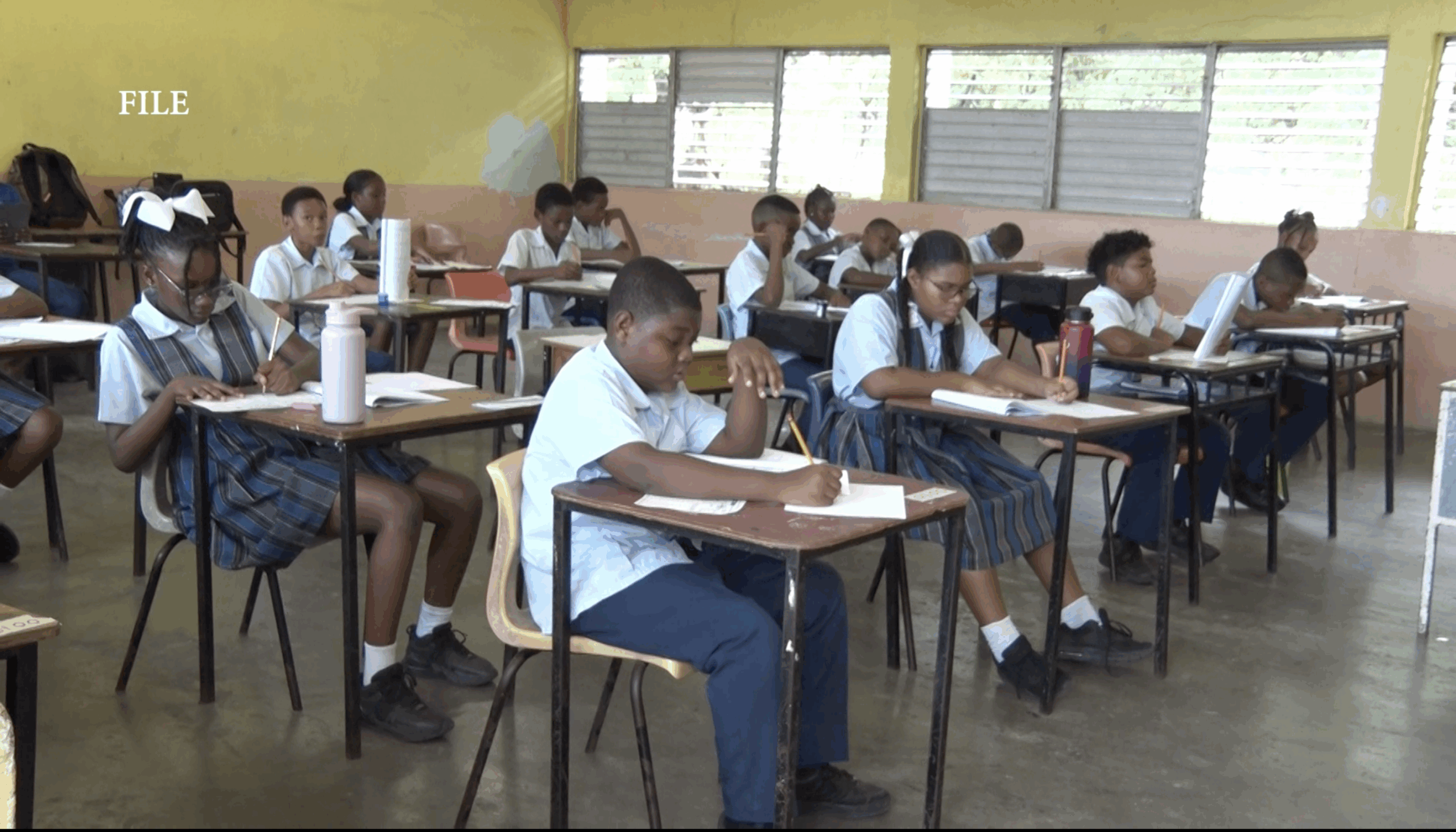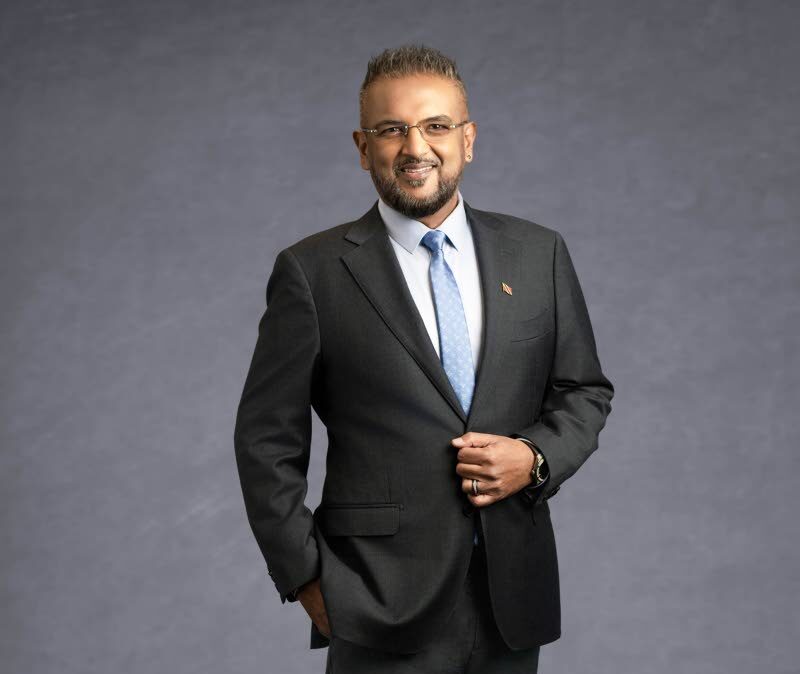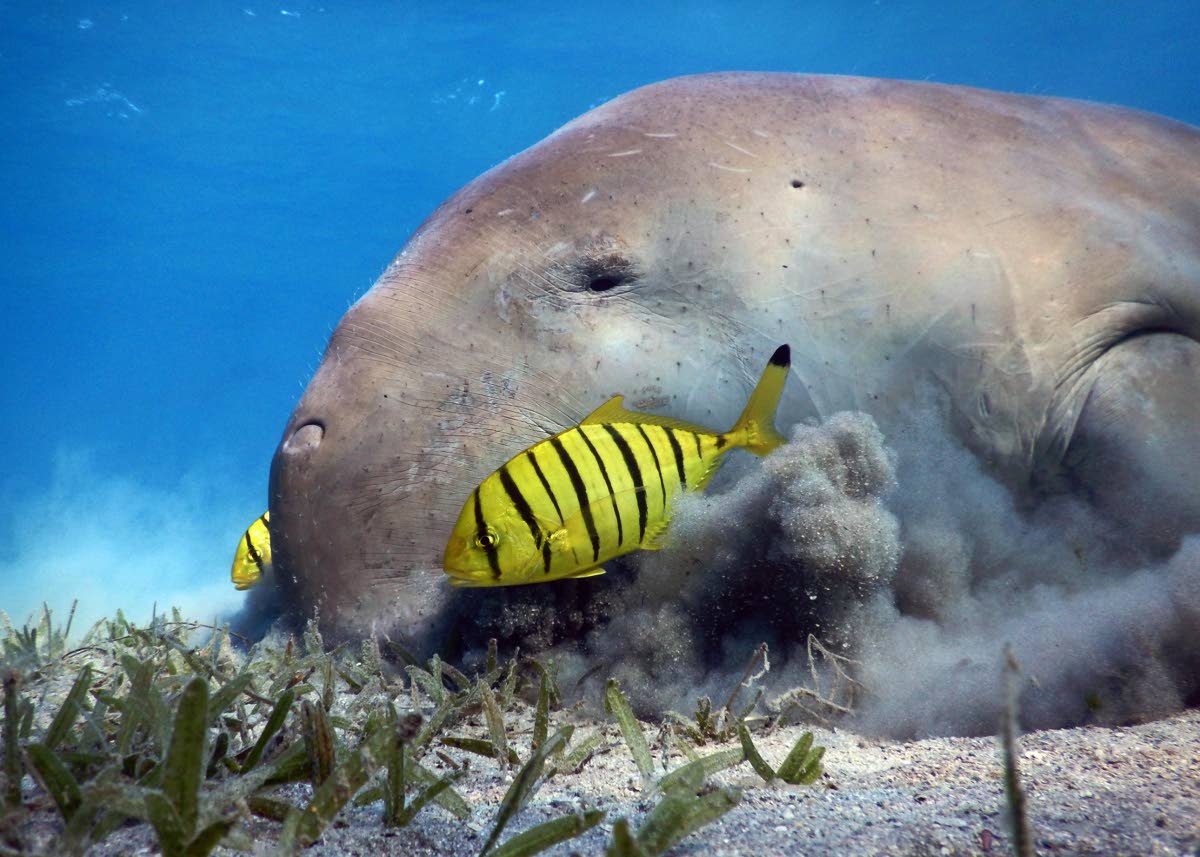The Belizean government’s initiative to establish a protected sanctuary for scarlet macaws near Red Bank Village has encountered mounting opposition from local residents, who claim insufficient consultation regarding the conservation project. Minister of Sustainable Development Orlando Habet confirmed to News 5 that Cabinet deliberations concerning the protection of vital macaw habitats along river systems commenced several years prior. Officials have identified and mapped a designated area despite complications arising from privately owned farmland utilized by Red Bank inhabitants and adjacent Mennonite communities.
Minister Habet elaborated that the administration proposes classifying the territory as a Wildlife Sanctuary Two, a designation permitting restricted tourism operations while safeguarding the avian habitat. This classification would theoretically enable local communities to maintain certain livelihood activities alongside conservation efforts. The government indicates it is nearing final approval for the sanctuary’s establishment.
Nevertheless, substantial segments of the Red Bank community express reservations, culminating in organized protests demanding enhanced transparency. Residents acknowledge supporting conservation principles but voice apprehension regarding the sanctuary’s geographical scope and its potential impact on agricultural practices. A local representative indicated that the proposed protected zone might extend from the Swasey River along the hills adjacent to Red Bank Village and the Southern Highway, potentially affecting small-scale farmers.
While government representatives assert that Wildlife Sanctuary Two status would authorize continued access for activities such as firewood collection, community members remain skeptical about these assurances. Minister Habet recognizes the divergent community reactions and has committed to conducting additional consultations with Mennonite farmers and private landowners before finalizing the sanctuary designation.









